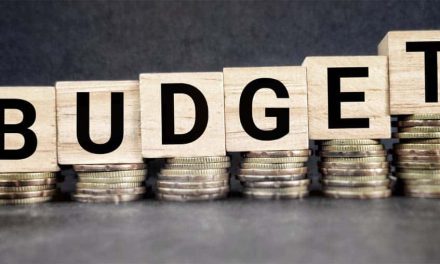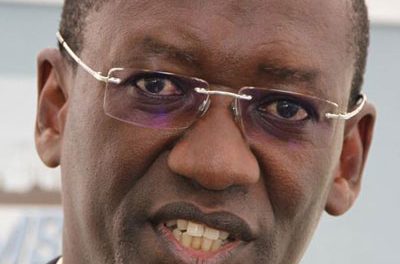
Preliminary national accounts contradict Ministry of Finance’s assessment of 2017 economic growth

The first full-year view of the state of the economy in 2017 emerged this week with the release of the preliminary national accounts on Thursday. The much anticipated 2017 fourth quarter GDP figures were also dispatched by the Namibia Statistics Agency in the same batch of documents.
Statistician General, Mr Alex Shimuafeni stated that the Namibian economy contracted by 0.8% for calendar year 2017 compared to 2016, a statistic that contradicts the Minister of Finance’s earlier statements that GDP grew 0.4% in 2017. The statistics also confirmed that the 2017 fourth quarter continued the economic decline of the first three quarters, contracting by -1% compared to the fourth quarter of 2016.
“In 2017, the domestic economy contracted by 0.8 percent, indicating a downturn in economic activities compared to a growth of 0.7 percent recorded in 2016. The main drivers behind the decline in GDP growth were the Secondary and Tertiary industries,” stated Mr Shimuafeni.
Compared to 2016, the primary sector was the only beacon of hope during 2017 growing by 10.7%. In 2016 this sector declined by 1.5%. The largest contributor to the sector’s growth was mining which grew by 12.8% for calendar year 2017, but still significantly short of the 18% annual growth the Minister of Finance was hoping for.
In 2017, both the secondary and the tertiary sectors posted significant declines compared to 2016.
Underscoring the two-year implosion in construction, a component of the secondary sector, Mr Shimuafeni said it contracted another -25.6% in 2017 after an equally severe contraction of -26.3% in 2016.
“The weak performance in the construction sector is attributed to the drop in investment of the mining sector, as well as government construction that registered huge reductions in real values of 64.4 percent and 29.0 percent, respectively,” he stated.
In the tertiary sector, the overall contraction was the result of declines in Wholesale & Retail, Hotels & Restaurants, Education, and Health.












































